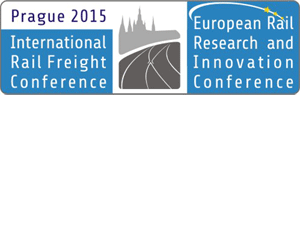ECIPE brief: The Japan-EU Negotiations on Railway
Despite major advancements in the Japan-EU FTA (JEUFTA) negotiations, the talks remain difficult in the railway sector. These difficulties flow largely from the fact that the Japanese railways are organized on a radically different legal and economic basis than the railway systems in the EU. First, the three major Japanese passenger rail companies, are totally privatized, listed on the Tokyo Stock Exchange and do not receive pub- lic subsidies. Japanese firms are even “more private” than an US railway company such as Amtrak, funded by federal money. In the Japanese deregulation, the markets remained unbundled with passenger rail companies owning both trains and tracks.
As a result, the government involvement on these firms are less than in Europe, where passenger rail firms did not have the freedom to choose the providers of their equipments. Meanwhile in Japan, the competition between private companies with no access to public funds made it necessary for these companies to be demanding with respect to the railway equipment companies.
This paper argues that, if these differences have made so far the negotiations more difficult, they also offer more opportunities in the future for the Japanese and EU railway companies in a global world. A huge mature market such as the Japanese requires by definition a massive amount of money in terms of maintenance, renewal and modernization of the infrastructure (signaling equipment) and of the rolling stock. Every year, about 40-50% of the JR capital expenditure is spent for safety and renewal in rolling stock and signaling equipment.
However, the EU rail equipment industry argued that the Japanese companies should be covered by the principles of government procurement, such as those in the GATT/WTO Government Procurement Agreement (both Japan and the EU are Members) or even shall follow the EU public procurement rules. Requiring Japan to subject its private passenger rail companies to government procurement would be tantamount to require that, for instance, the EUMS recently privatized telecom firms a decade or two ago should be subjected to government procurement procedures in the JEUFTA—with the risk of making a precedent for the EU-US TTIP.
Such a proposal would rightly come as a shocking proposal to everybody in the EU. That said, if it does not make sense to deal with private Japanese passenger rail companies in a railway section of the JEUFTA government procurement provisions, it does make sense to deal with all the railway issues in one chapter specifically to railway—opening the door to industrial cooperation in a world context.
See paper








There are no comments at the moment, do you want to add one?
Write a comment